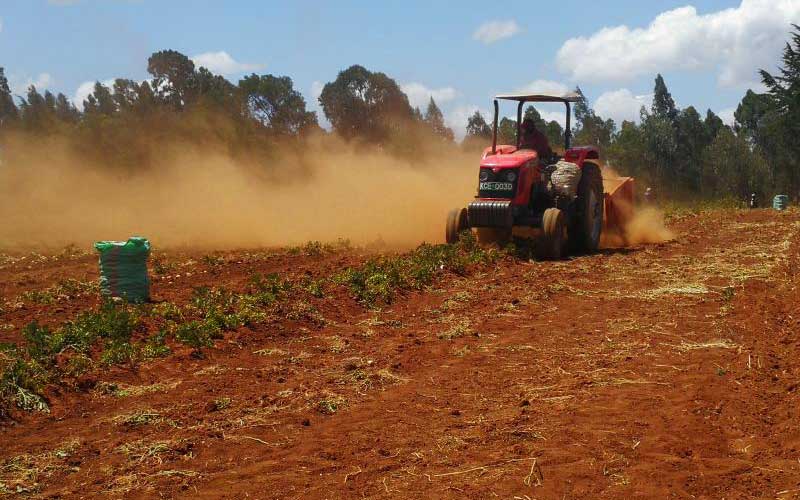×
The Standard e-Paper
Home To Bold Columnists

Nyandarua County is home of Irish potatoes and so it makes perfect sense when there is some revolution, it starts here.
This week, farmers sampled the power of mechanisation. Growers of the tubers witnessed how they can harvest potatoes on a 12-acre farm in record 30 minutes using modern machinery.